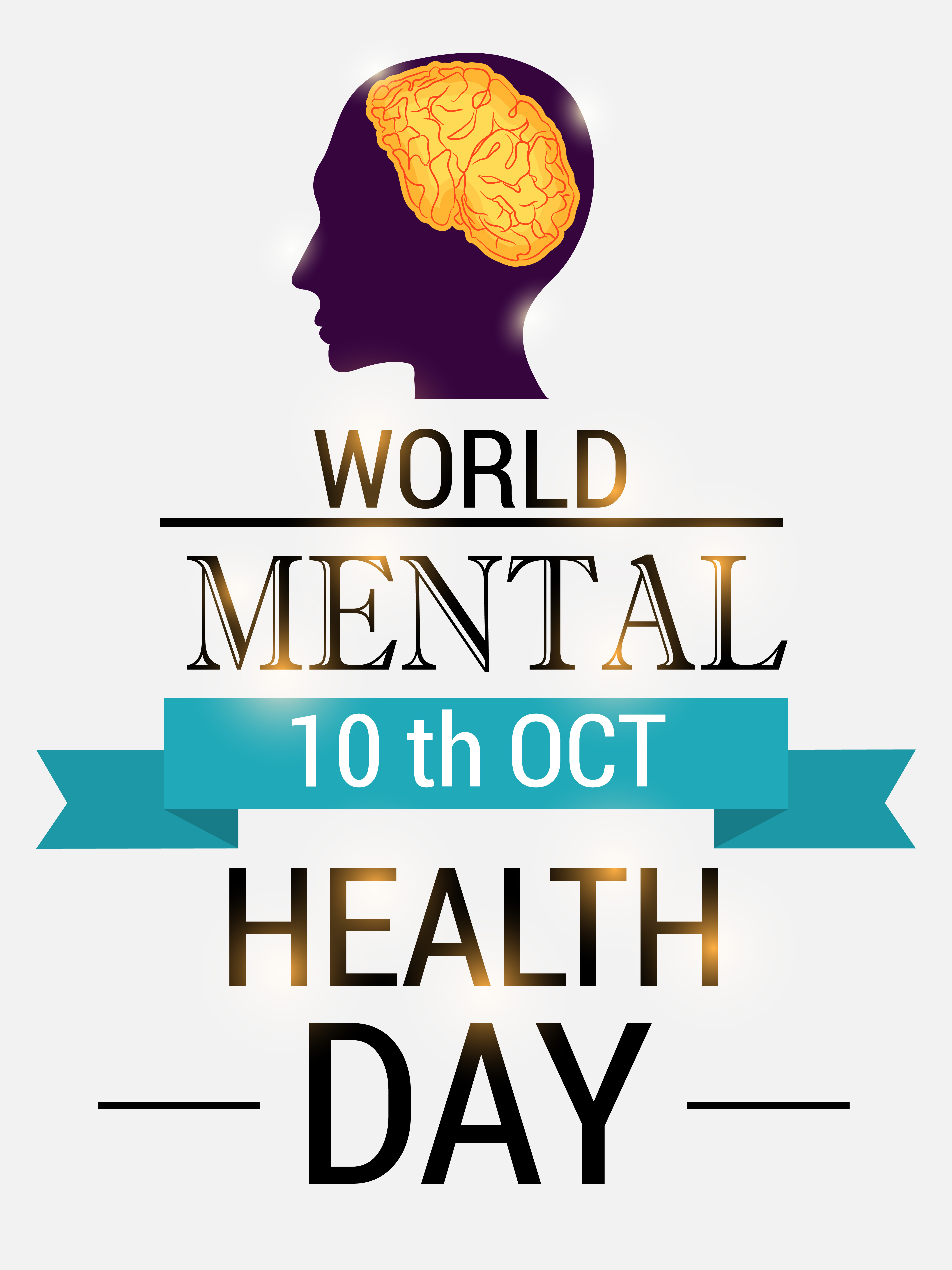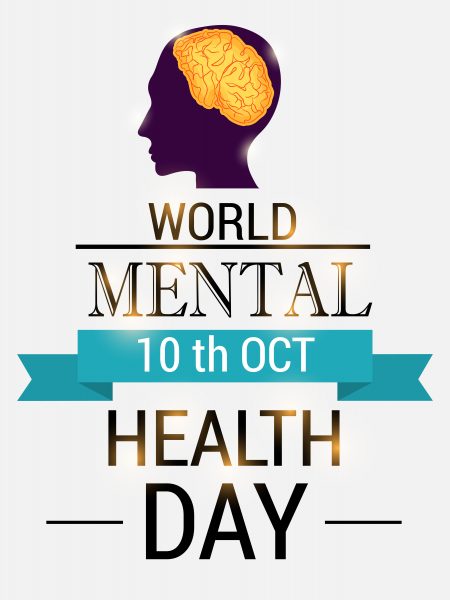Another World Mental Health Day – October 10, 2017 – is upon us. This year’s theme is “Mental Health at the Work Place”. Although it focuses on how to make the workplace better for everyone, it is an opportunity to once again draw attention to mental health issues in our society.
We spend a significant part of each day at work and much of our lifetime working. Apart from providing us with income to meet our financial needs, studies have shown that being gainfully employed gives life a meaning, helps self-esteem and improves overall quality of life. But the work itself and the environment where it takes place can have a negative impact on us if not managed properly. When employees suffer from mental health issues, this is likely to impair their performance and output at work, it is thus in the interest of the employer to support them to recover as soon as possible and to provide a workplace that foster mental well-being.
In Nigeria, there are no data on financial losses to businesses resulting from poor mental health of employees. Estimates from the UK indicate that up to £70 billion pounds is lost annually due to mental ill health and reduced productivity of employees with up to 20 percent of the workforce taking on average, one day off annually because of stress and other mental health related issues. It is obvious that poor mental health of individual employees has significant repercussions for businesses including poor motivation, increased staff turnover, sickness absences due to stress, burnout and exhaustion.
So, what should employers of labors and organizations be doing to provide an enabling working environment for their employees and help employees dealing with mental health issues?
The starting point is awareness of these issues and for employers to recognize that they have responsibilities to their employees some of which are statutory.
The workplace must be an environment that challenge, support and help develop a sense of purpose of the employees. A mentally healthy workplace is built on good basic line management relationships, clear HR policies and engagement of staffs in decision making. A workplace that discourages culture of bullying and encourages openness, communication and easy access to management helps foster a “happy” working environment.
Prevention is key – organizations need to enable employees to flourish and for those in distress to access help quickly. There should be access to confidential telephone lines to help deal with stressful work-related issues that people don’t feel comfortable talking about face to face with their managers. There should be a clear grievance process and ways of seeking redress when things go wrong. When employees have a mental disorder and it is disclosed, employers must keep the information confidential and the employee should be supported to return to work after recovery with reasonable adjustments made to their job if necessary and/or be allowed to return in a graded fashion or be placed in less demanding and more appropriate roles within the organization. There should be access to stress management courses, occupational health services and to mental health specialists, preferably outsourced.
What about the employees?
In general, employees are under no obligation to disclose a mental disorder to an employer except for some positions, for example, if the job involves having contacts with vulnerable people. However, it would be impossible for the employer to provide support if nothing is disclosed. This is obviously a very sensitive issue in our society with potential adverse outcomes including loss of job and inappropriate use of the disclosed information. This is further compounded by the general culture of silence in our society when it comes to talking about mental health issues or how it impacts us. The stigma surrounding the topic does not make it an easy conversation to have, with many employees not used to disclosing their mental health or even seeking help for fear of being stigmatized, discriminated or even ostracized.
When we talk about poor mental health, it includes commonly experienced conditions such as poor sleep, feeling stressed, poor concentration, anxiety, through to clinically recognized disorders such as depression, generalized anxiety disorder, panic attacks, obsessive compulsive disorder and even psychosis. Illicit drug use and misuse of prescribed psychotropic medications are also common mental health conditions that may result from issues at the workplace.
It is not really hard to see why employees might feel stressed, burnt out or exhausted especially in a city like Lagos – leaving home at 4 am, enduring hellish traffic and then having to deal with work pressure and the prevalent job insecurity not to add individual family problems and responsibilities. It is no surprise that in general, many more people seems to be suffering from anxiety and depression. The recent increase in reports of suicide in the media is a source of great concern. To my mind, this is a challenge to us all to do more to support each other and to help the most mentally vulnerable people in our society. Everyone deserves a chance to make a reasonable living, to work and contribute positively to the society to the best of their ability.
About the Author
Dr Olufemi Oluwatayo
Visiting Consultant Psychiatrist and CEO The Retreat Healthcare, Ikorodu, Lagos.


